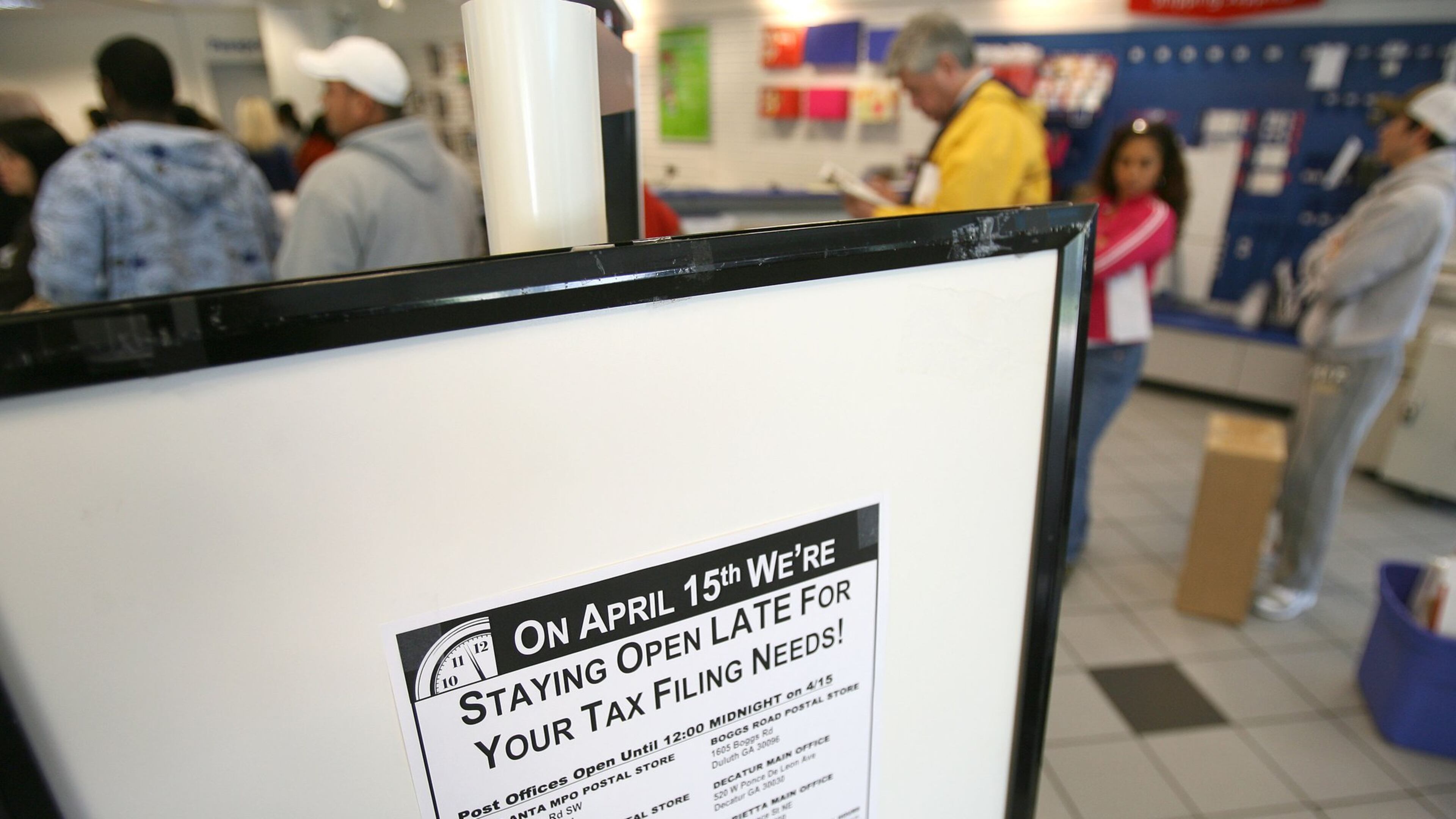Coronavirus, stimulus package changes tax filing season

COVID-19 has delayed one of the most hated days of the year — April 15, when Americans must file income tax returns or request extensions.
Because of the coronavirus' impact, Congress extended the deadline to July 15, providing more time for filers. But it also passed a stimulus package that includes sending checks for up to $1,200 to taxpayers based on 2018 or 2019 returns. And that has some workers rushing to catch up on several years of delinquent tax returns.
“They have a little emergency going on, because they want their $1,200. So that has created a little activity for us preparers,” said Antonio Grant, owner of the accounting and tax firm Tax Solutions Atlanta/USA Inc.
Some people, such as those whose only income is Social Security retirement checks, don't have to file tax returns, but can request a relief check on the Internal Revenue Service website.
Grant said some clients have willfully avoided paying taxes, but now see the need to. Also, contract and gig workers who did not file taxes in previous year have a second reason to fill out returns that show they were self-employed. The stimulus measure passed by Congress allows self-employed people who aren’t working to claim unemployment and it boosts unemployment payments to much higher levels.
Michael Thompson, of Thompson & Associates CPA, said the IRS cannot seize the stimulus check even if the recipient owes back taxes.
“The stimulus money is still yours,” he said.
Businesses are scrambling, if not to finish their taxes, then to get their financial documents for 2019 in order. They must have those to apply and qualify for federal grants and loans put in place by the stimulus plan, known as the CARES Act.
“We are getting a lot more questions about the CARES Act” and about the Paycheck Protection Program, which can grant a small business money to continue paying salaries to furloughed employees, Thompson said.
“With the PPP, you are required to have the last four quarters of payroll tax returns completed and submitted. You’re required to have financial statements. A lot of people are delinquent with doing that.”
Some accountants and tax preparers have been able to make up for the business lost during the pandemic by helping companies get that documentation lined up.
Grant, whose company makes the lion’s share of its income doing tax returns between February and April, is hoping that the delayed business will turn up by July 15. He typically would have five tax-return appointments a day during this point. Instead, he is doing about one.
“So the tax returns I am doing is like social distancing,” he said. They are spread out.


